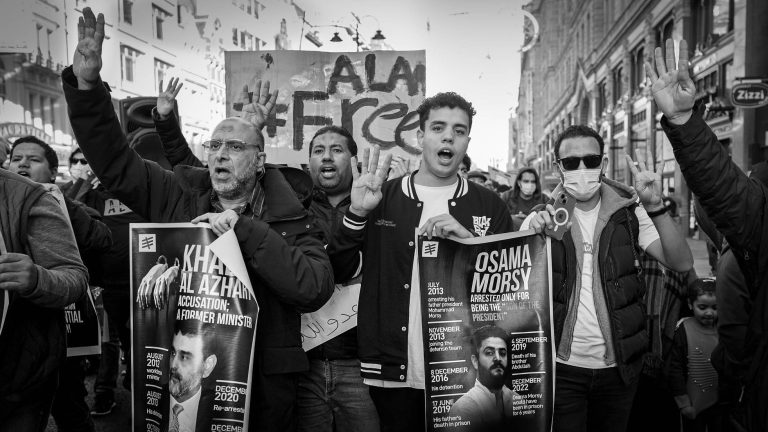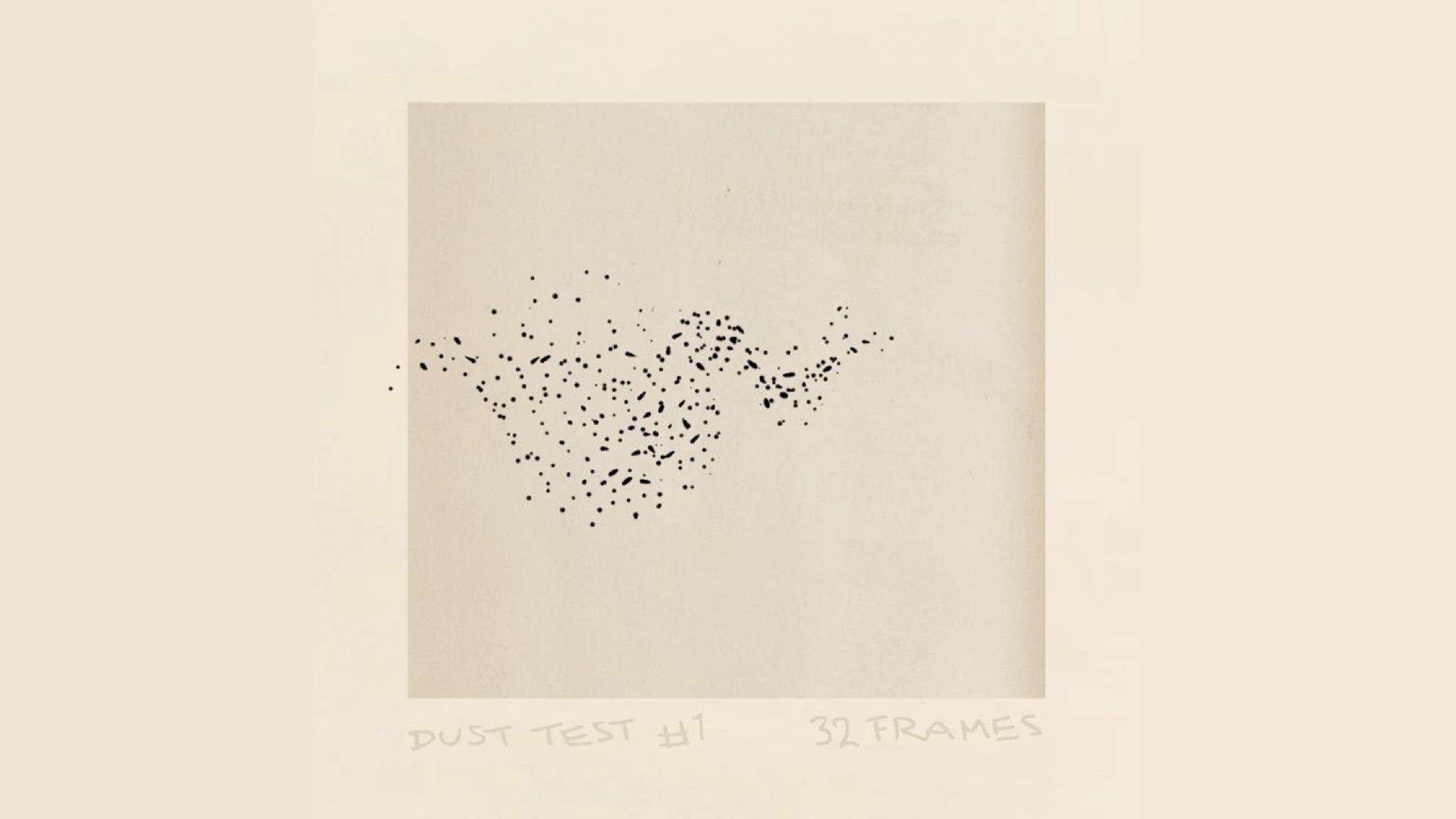

Egyptian protestors in London, UK, on November 12th, 2022. Photo by Alisdare Hickson on Flickr. CC by 2.0.
In a piece for The Intercept, Naomi Klein and Rafi Arefin reflect on what has been happening on the ground in Egypt during the first week of the UN climate conference, being held in Sharm El-Sheikh:
The official COP27 mobile app, downloaded on thousands of phones, is being described by security experts as a “cyber weapon” with extraordinary surveillance capabilities; Sharm el-Sheikh’s 800 taxis were outfitted with video and audio surveillance, and people’s phones in major cities have been searched at random. There have been so many incidents of Egyptian security spying on delegates inside the summit, including by filming and photographing their electronic devices, that the German government reportedly lodged an official complaint. “We expect all participants in the U.N. climate conference to be able to work and negotiate under safe conditions,” Germany’s Foreign Ministry said in a statement. “This is not just true for the German but for all delegations, as well as representatives of civil society and the media.”
These tight controls mean that the summit is effectively taking place inside an informational bubble, one that the Sisi regime, with help from public relations company Hill+Knowlton, is attempting to paint green.
In an attempt to pierce that bubble, we teamed up a group of trusted journalists, lawyers, activists and scholars on the ground in Egypt to try to gather information that the regime has been trying to suppress.
Using personal and professional networks, this team has been collecting many testimonies and stories, about everything from Egypt’s new fossil fuel projects to arrests and surveillance of locals, to the continued human rights crisis in the regime’s jails. Most sources needed to be anonymous to avoid arrest, but we have been able to check claims for accuracy. Here is some of what we have found so far.


